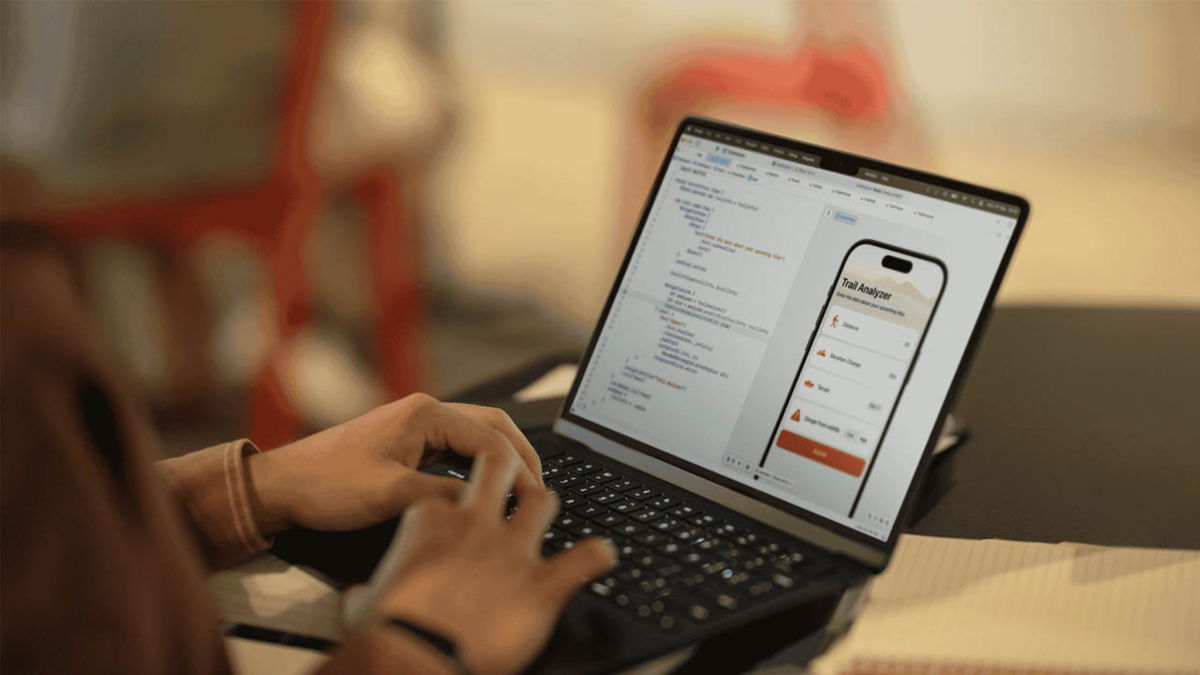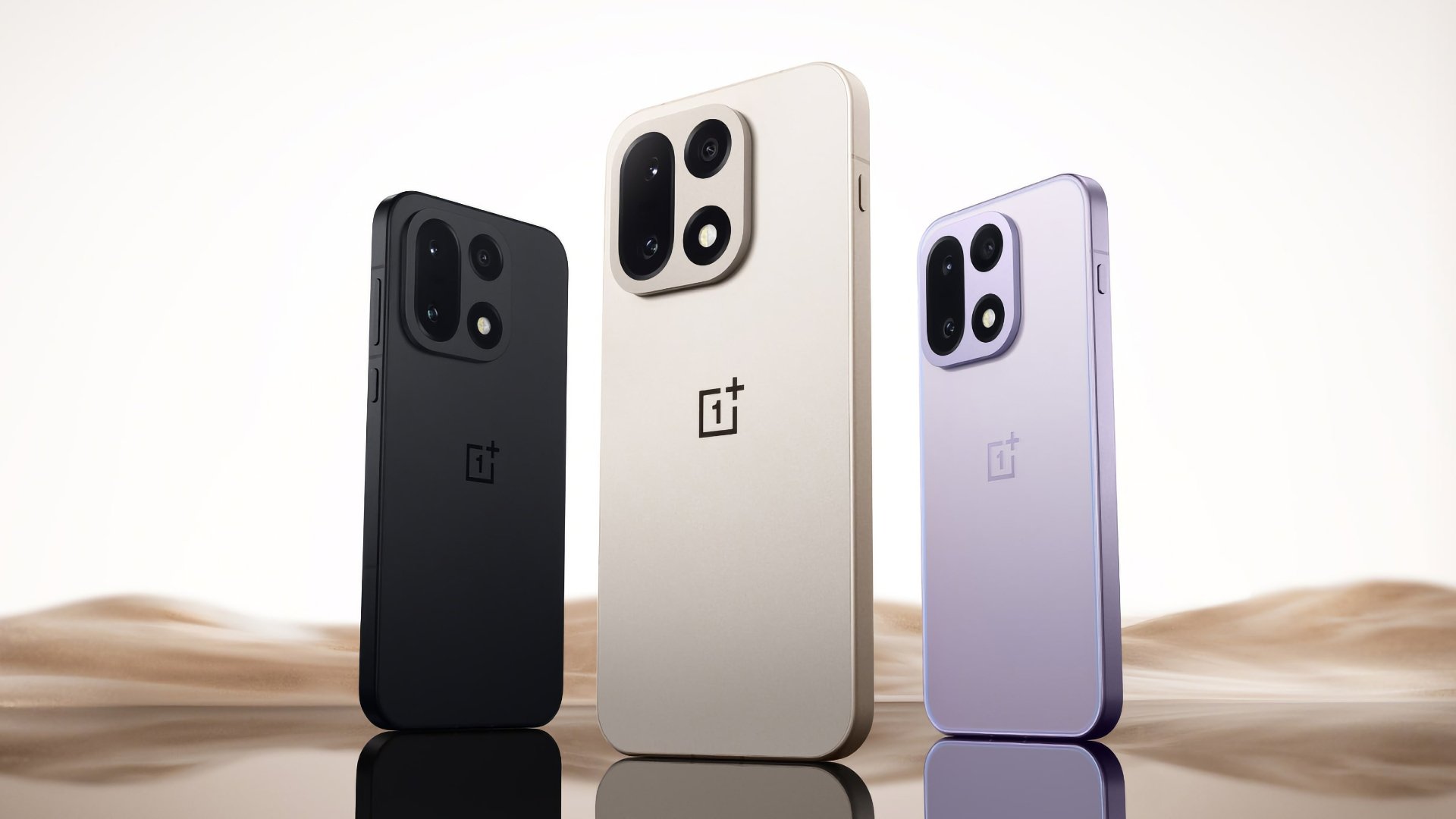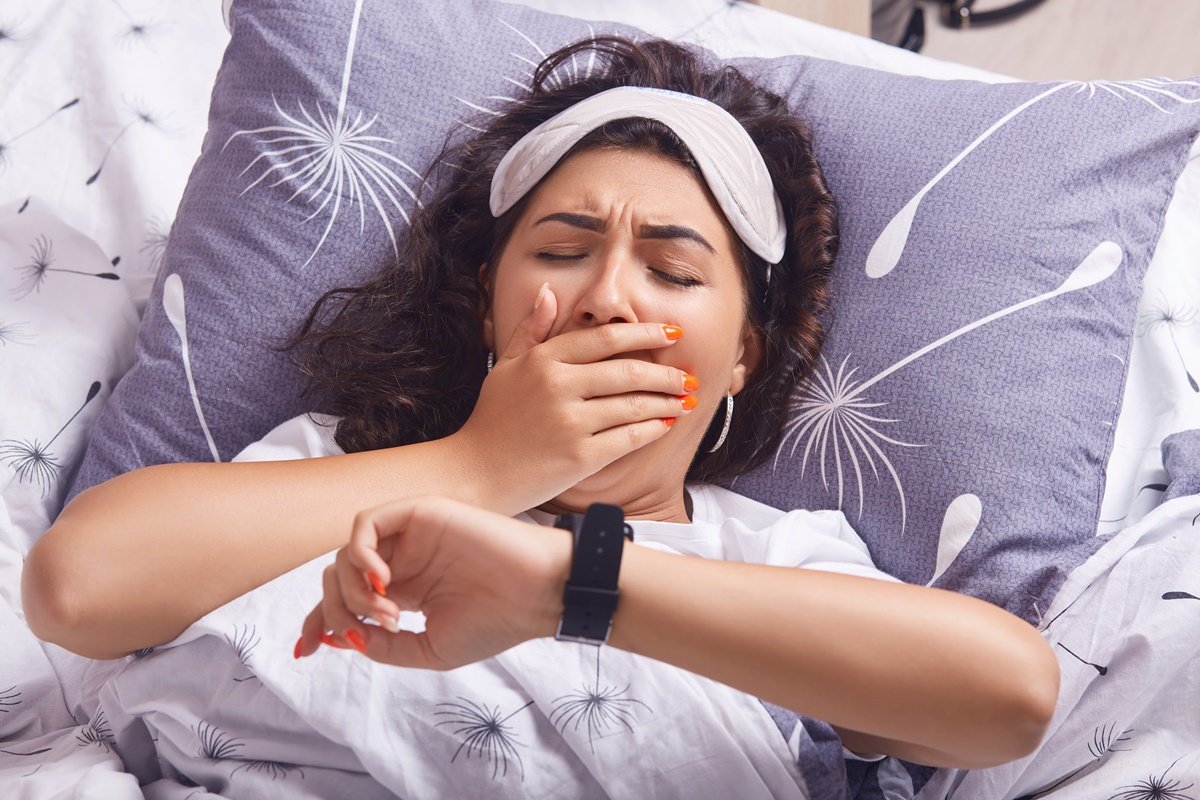wearable devices (wearableEnglish), e.g. smart watches and bracelets (smart watches and smart bands) can monitor and display reports of how well we slept with good accuracy, if not diagnostic power. However, experts recommend that people with sleep disorders, such as insomnia diseasedoes not benefit from monitoring snoring and bruxism. In some cases, the use of braces can make symptoms worse.
“Wearables are good for some situations. More general metrics such as total sleep time, time spent awake at night, and sleep efficiency are well done by these devices. But monitoring sleep isn’t just that,” says Gabriel Natan Pires, a biomedical doctor and researcher at the Instituto do Sono in São Paulo.
According to Pires, it is more important to know about the stages of sleep, from the lightest to the deepest, necessary for the rest of the body and mind. And that’s when devices start to fail.
“Measurement is good when the person has regular cycles without sleep disturbances. The problem is, we’re talking about people with certain disorders. For them with irregular cycles, the clock is not working properly,” says Pires.
As such, those who need the technology the most can’t rely on it – they may not be able to seek medical attention because they rely on potentially flawed data, considering the watch’s report might be inaccurate.
Each smartwatch or bracelet may use different technologies to monitor sleep, but as a rule, the accelerometer (which detects motion) and the optical heart rate sensor are the most used sources for this measurement.
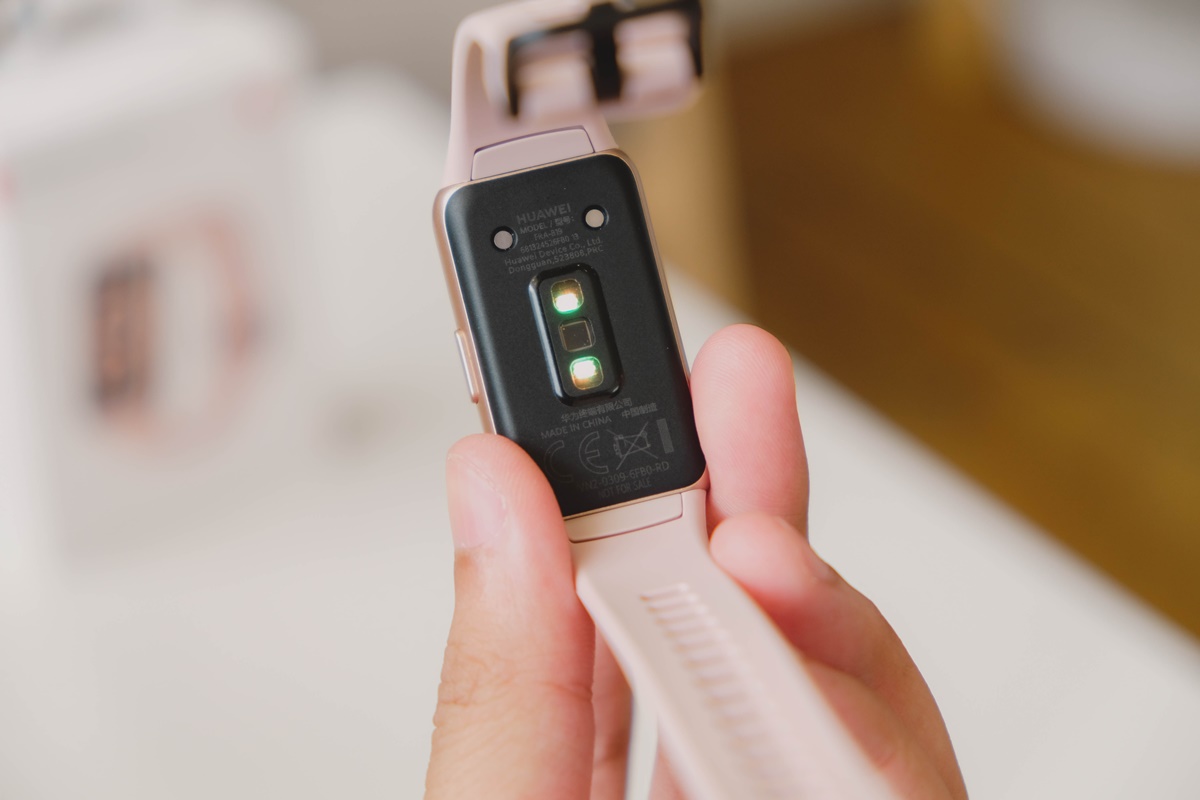
“Any health monitoring can be helpful, but it’s important to understand that this is an estimate, not an absolute fact,” says neurologist Rosa Hasan, sleep medicine specialist and coordinator of the Sleep Outpatient Clinic at the Institute of Psychiatry. Hospital das Clínicas, Faculty of Medicine, University of São Paulo (IPq/HCFMUSP).
According to Hasan, information about the device, its operation and limitations should be sought to minimize the risks of misuse. “If there is a frightening result, the data needs to be interpreted medically,” he says.
Smartwatch may exacerbate anxiety
According to experts, smartwatches that often connect to a smartphone can exacerbate anxiety and insomnia, two things that often go together.
“For people who have trouble sleeping, cell phones can be an issue that perpetuates insomnia,” says Pires.
According to Hasan, misinterpreted data that can confuse the user can also cause anxiety and further disrupt sleep.
A study published in the Journal of Sleep Research in 2018 showed that insomnia patients who received false negative reports about their sleep by an hour first thing in the morning had a worse day than those who received a positive (but also false) report. report. ). People with negative views experienced worse moods, more sleepiness, and more difficulty performing their day’s tasks.
The study shows that while smartwatches have numerous advantages (such as tracking physical activity), their use cannot be haphazard. Each should evaluate the need to hold the device in their arms 24 hours a day.
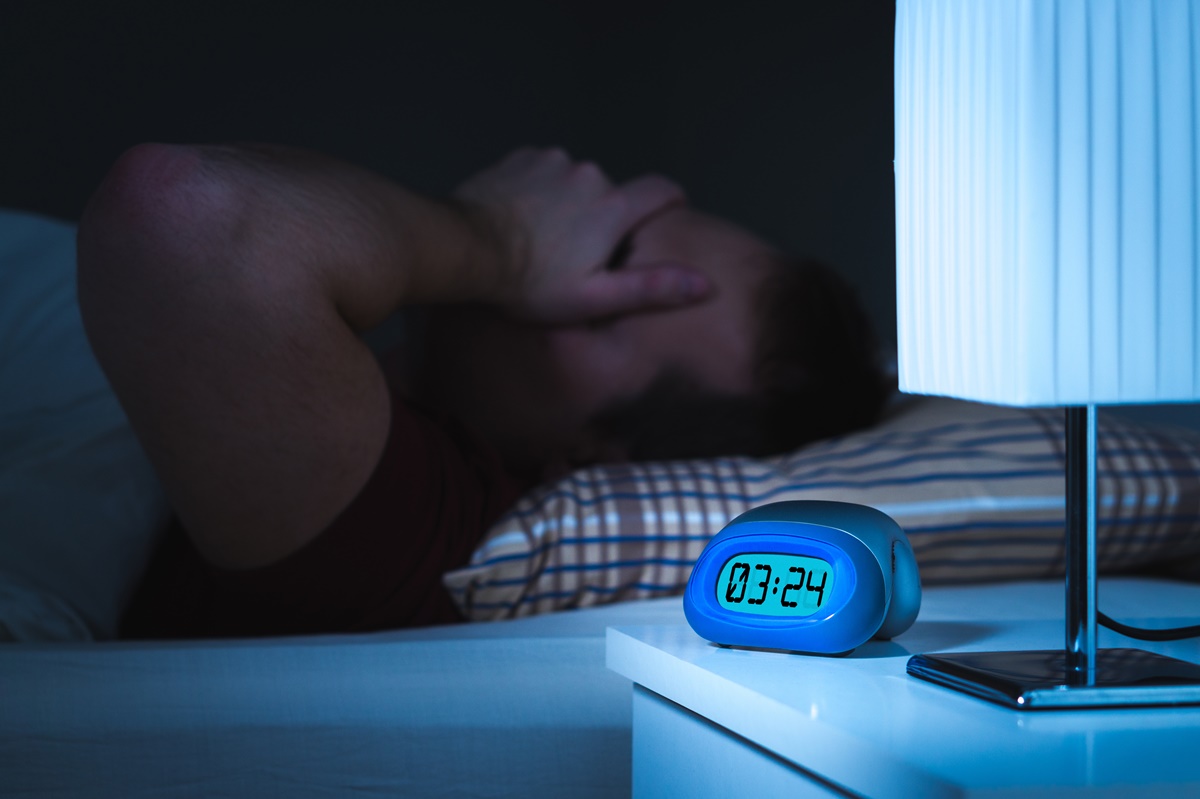
For Hasan, the devices hold promise and should lower the cost of diagnosing sleep disorders in the future. Today, this test, known as polysomnography, is expensive and requires a large structure to perform – the patient spends the night in a clinic where various parameters are measured by different devices during sleep.
“If the patient brings me these data from his watch today, I see it in the context of what was described in the consultation. But we shouldn’t just believe it,” says Hasan.
“The challenge now is to make these watches work well for the people who need them. In the future they will be medical devices, official diagnostic devices, but first they have to work well for everyone,” says Pires.
Until then, an accurate diagnostic search, consultations with specialists, and therapies should be the first options for those who detect signs of sleep disturbance.
According to experts, difficulty falling asleep, drowsiness during the day, jaw pain on waking (which can be a sign of bruxism), and waking up to go to the bathroom several times during the night should turn on the alarm signal.
Source: Tec Mundo
I am Bret Jackson, a professional journalist and author for Gadget Onus, where I specialize in writing about the gaming industry. With over 6 years of experience in my field, I have built up an extensive portfolio that ranges from reviews to interviews with top figures within the industry. My work has been featured on various news sites, providing readers with insightful analysis regarding the current state of gaming culture.

